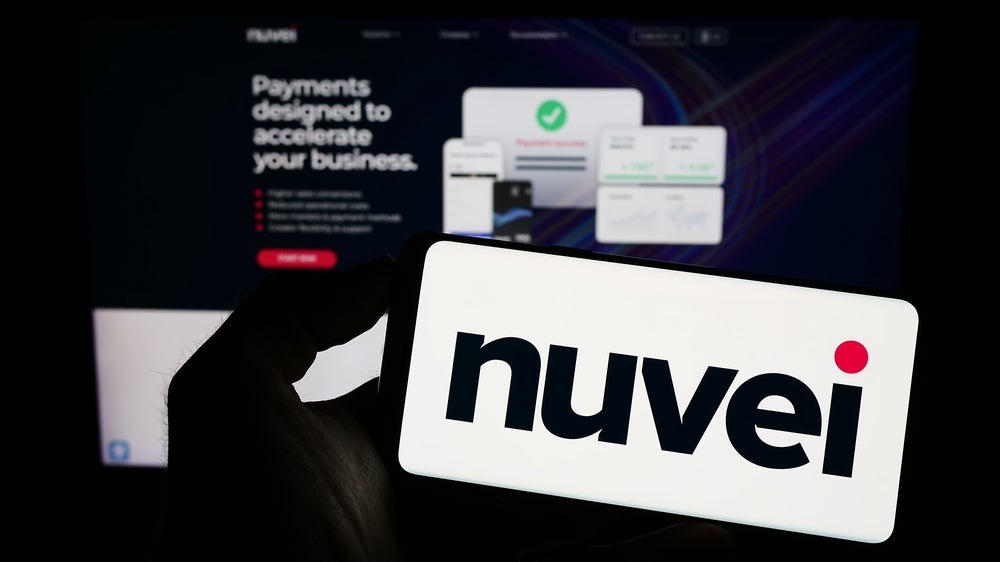In the face of growing merchant and regulatory scrutiny,
MasterCard Europe is delaying the introduction of Single Euro
Payments Area (SEPA) fallback interchange rates for Maestro POS
euro transactions. The network cited “continued lack of clarity
from competition authorities over interchange fees and opposition
from some merchant associations” in its decision, but stressed that
it is committed to making Maestro “the most attractive SEPA payment
alternative for consumers, merchants and banks”.
MasterCard Europe said it wants to ensure that there is no
business disruption for banks or merchants and that SEPA is
introduced smoothly. Announcing the decision, MasterCard Europe
president Javier Perez said: “MasterCard Europe was first to act on
the European Central Bank’s request for SEPA interchange rates, in
order to help drive SEPA forward rapidly, by providing clarity to
banks, merchants and other stakeholder groups well ahead of the 1
January 2008 deadline.
“However, recognising that domestic markets across the eurozone
are beginning from very different starting points in terms of
market structure, level of competition, consumer and merchant
expectations, and regulatory environments, we have concluded that
it is premature in the current climate to have SEPA fallback
interchange rates apply from 1 January 2008.”
Merchant costs would fall
It was in December 2006 that MasterCard first announced Maestro
SEPA interchange rates for Europe, saying that the total cost to
merchants for SEPA transactions would come down, on average, across
the SEPA region over time.
For cross-border Maestro POS transactions, MasterCard claimed
that the fallback interchange rates were “significantly reduced”
compared to current intra-European Economic Area (EEA) cross-border
rates. For a typical transaction of €50 ($67), the new Maestro SEPA
interchange rates would be between €0.09 and €0.20, as compared
with the current Maestro intra-EEA interchange rates of €0.25 to
€0.59.
How well do you really know your competitors?
Access the most comprehensive Company Profiles on the market, powered by GlobalData. Save hours of research. Gain competitive edge.

Thank you!
Your download email will arrive shortly
Not ready to buy yet? Download a free sample
We are confident about the unique quality of our Company Profiles. However, we want you to make the most beneficial decision for your business, so we offer a free sample that you can download by submitting the below form
By GlobalDataHowever, this was met with opposition by merchants, most notably
in Belgium, who considered the new interchange levels to be still
too high. In April this year, the Belgian banking association,
Febelfin, decided to reverse an earlier commitment to migrate the
Belgian debit scheme Bancontact/Mister Cash to the Maestro scheme,
due to strong merchant opposition to the interchange levels set by
MasterCard. MasterCard is also awaiting the outcome of regulatory
decisions from the European Central Bank and the European
Commission, both of which are closely examining the setting of
interchange by MasterCard and Visa.
Uncertainty about rates
However, it is unclear when MasterCard will introduce the new
rates, and whether they will be at the previously stated level.
Perez said: “MasterCard Europe remains committed to introducing
SEPA interchange rates over time and by, if not before, the SEPA
compliance deadline of 31 December 2010. Therefore we will continue
to work closely with all stakeholder groups to build consensus and
support for SEPA.”
MasterCard also stated that it remained committed to making SEPA
a reality and “welcomes the opening up of eurozone countries to the
increased competition that SEPA is designed to achieve”. Perez
said: “A four-party SEPA model, supported by interchange, is the
best mechanism for ensuring efficiency and transparency in the
sharing of costs between issuing and acquiring banks.”
MasterCard Europe said it will continue to closely monitor
market and regulatory developments and to consider the need to set
country-specific and other Maestro interchange rates.
Moshe Orenbuch, an analyst at Credit Suisse First Boston,
commented: “Investors have generally believed that the advent of
SEPA would be a meaningful positive for MasterCard. We believe that
there will definitely be gains in volume, but there may be required
concessions and lower interchange, which in turn could lead to
lower pricing. About six months ago, MasterCard announced that it
was establishing a single set of interchange rates for PIN-based
debit in Europe, about 60 percent below existing pricing.
“MasterCard had touted Belgium as the first major national
decision in response to SEPA, and a template for others to follow.
We believe that there will be more challenges, both market-based as
well as legislative, to the growth of the networks, particularly in
Europe.”







